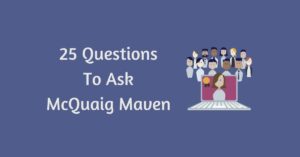You might understand the word equity to mean fairness, or justice. In the accounting world however, the word takes on a different meaning.
We can loosely define equity as the ‘amount of ownership’ someone has in an asset or business. It is quite often the case that someone who claims to own an asset does not actually ‘own’ the asset in its entirety. For example, let’s imagine you’ve just bought a house for £500,000, paid for with £50,000 from your savings account and a £450,000 loan from the bank. In this case, the house is worth £500,000, but only £50,000 of the house is actually ‘owned’ by you. The other £450,000 belongs to the bank and it remains that way until you pay back the debt in full. In such situations your equity in the house amounts to £50,000. The bank, on the other hand, would have equity in the house of £450,000. As you repay the bank, perhaps in monthly mortgage repayments, your equity in the house slowly increases while the bank’s decreases. The same logic can be applied to business situations. A company may have assets of £10,000 and liabilities of £4,000. In this case, the owner only has claim to £6,000 of assets, as the other £4,000 is committed to liabilities owed. This underpins the accounting equation in its simplest form, which states that the owner’s equity in a business is equal to its assets minus its liabilities, or:Assets = Liabilities + Owner’s Equity.
The next time you hear the word equity in business circles, don’t think assets or money. Instead, think ownership.Colour Accounting™ is our financial literacy course.
Visual. Interactive. Different.
Click here to secure your place.
[traininglist slug=”colour-accounting-normal”] ]]>





